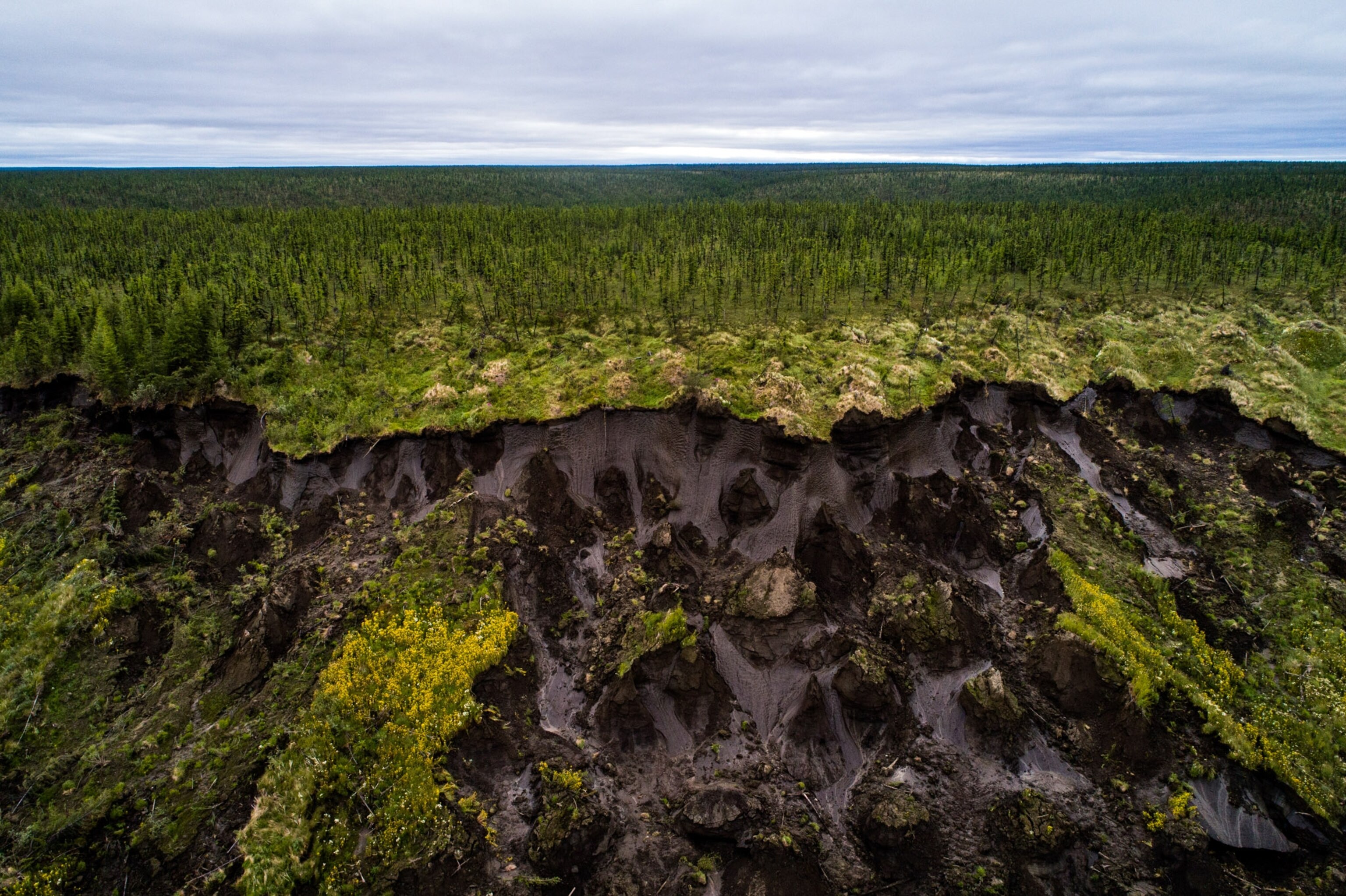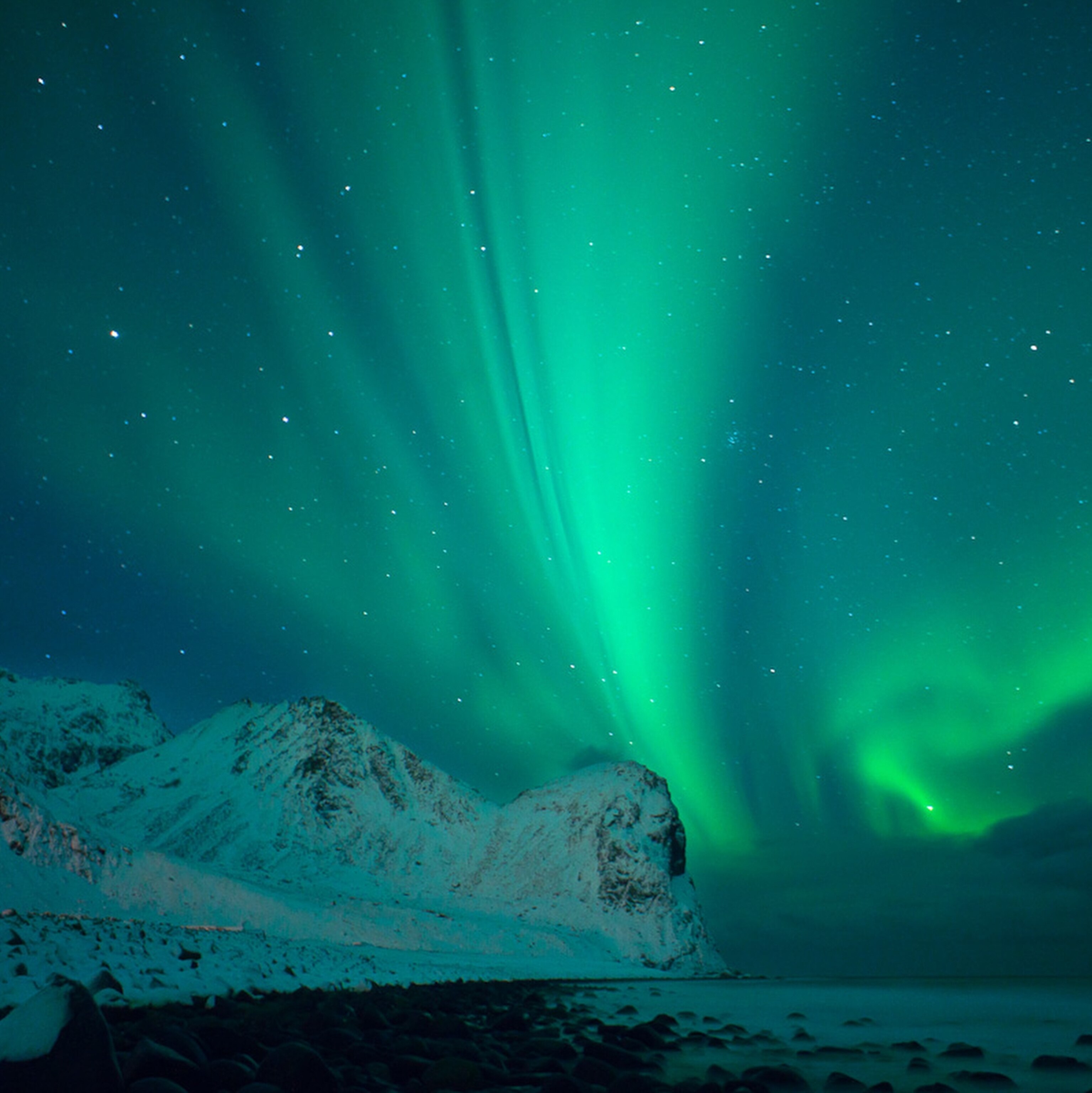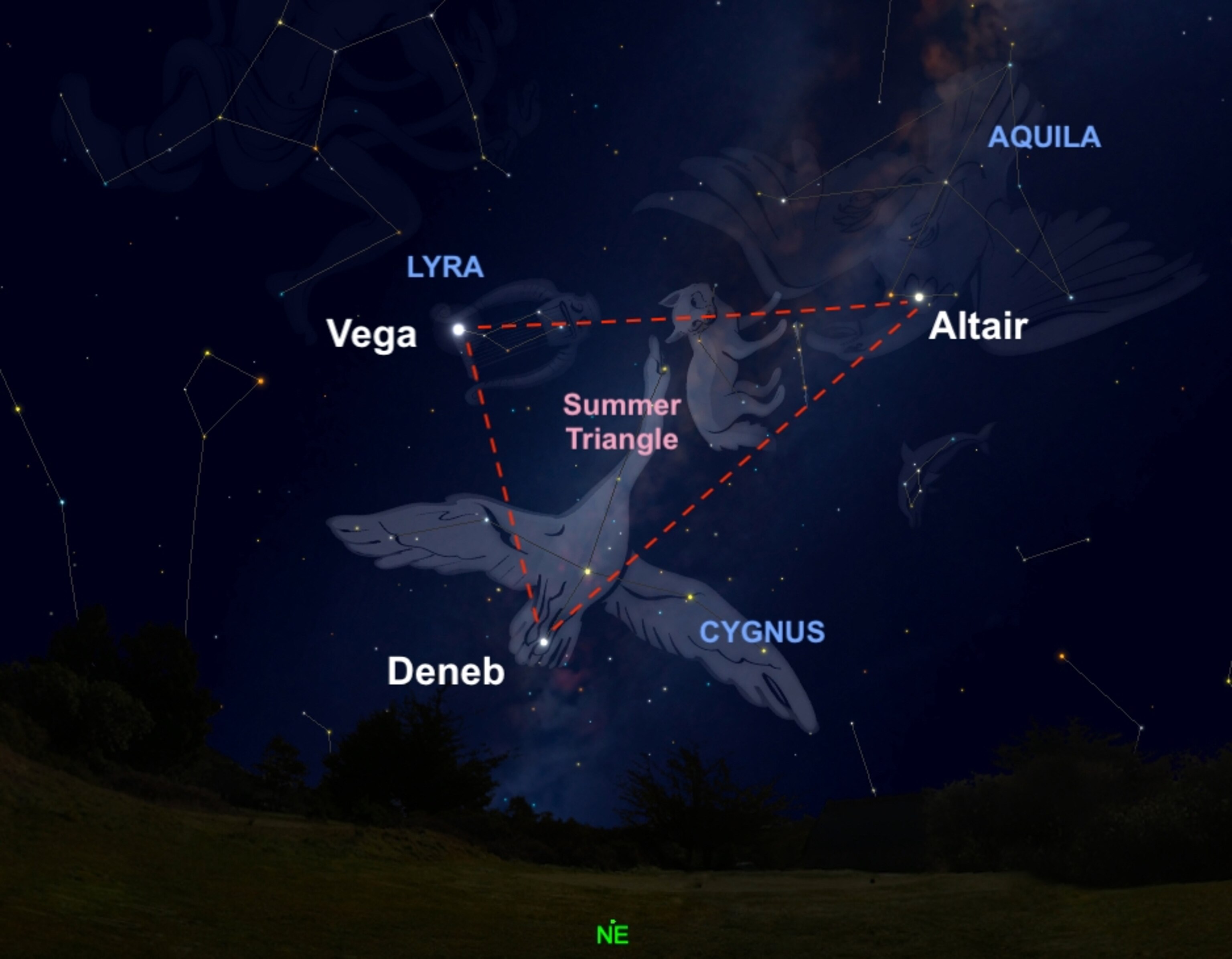
Why so hot so early in the summer?
By Victoria Jaggard, SCIENCE Executive Editor
People (like me) who celebrate the arrival of summer owe a debt to a wonky scientific term: axial tilt. Earth is kind of like a ball spinning on an invisible stick—its axis—while it orbits around the sun. That stick is not aligned straight up and down with respect to the sun, though, and is instead tilted just a bit. When the planet’s orbit causes its axis to tilt closest to the sun, we get our longest day of the year, which we call the summer solstice.
The Northern Hemisphere passed this sunny marker last Saturday, and while the ongoing pandemic puts a damper on many of our usual summer pastimes, those of us who enjoy warmer weather are no doubt finding ways to bask in the heat. Alarmingly, though, the summer solstice this year saw one rather unexpected region hit an all-time high: Verkhoyansk, Russia—north of the Arctic Circle—recorded a temperature of 100.4°F, the hottest it’s been there since 1885. (Pictured above, children at summertime play in the Siberian town of Zyryanka.)
As our Alejandra Borunda reports, this eye-popping weather extreme is part of a months-long heat wave that has been baking the region. Sure, it gets warm in summer, even in Siberia. “At this time of the year, around the summer solstice, you get 24 hours of sunlight,” climate scientist Walt Meier told us. “That’s a lot of solar energy coming in. So in these high-latitude areas—80 degrees, 90 degrees, that’s not unheard of.” But while scientists are cautious about directly linking the current Siberian heat wave to climate change, since they have not yet done the necessary legwork, the link between human actions and the overarching trend of polar warming is clear.

Average temperatures in the high Arctic have been climbing quickly, in step with our copious greenhouse gas emissions. Since December, air temperatures in the Russian Arctic have been nearly 11°F higher than the average seen over the past four decades. And as our Craig Welch reported in 2018, warming in the Arctic can potentially lead to a dangerous feedback loop, in which the region’s permafrost is no longer frosty on a permanent basis. In this scenario, some scientists worry that greenhouse gases long trapped in the frozen soil might escape, further exacerbating climate change. (Above, ground collapses at a permafrost megaslump in northern Siberia.)
Based on our best climate modeling, if warming continues unabated, records like the one set in Verkhoyansk are just the tip of a rapidly melting iceberg: “For a long time, we’ve been saying we’re going to get more extremes like strong heat waves,” climate scientist Ruth Mottram tells Borunda. “It’s a little like the projections are coming true, and sooner than we might have thought.”
Do you get this daily? If not, sign up here or forward to a friend.
Your Instagram photo of the day

Whoa! Photographer Chris Burkard saw the northern lights for the first time on a remote beach in Norway. “In that moment I was absolutely dumbfounded,” Chris tells us. “To be honest, I had no clue how to shoot them, which was frustrating. I owe so much to these wild and cold places. I have given a piece of myself to them, and it feels like they are giving right back. After my first experience like this I knew I was going to return many times.” Writer Kenny Taylor described the phenomenon this way for Nat Geo: “It was like looking up into the heart of a flower of glorious light whose petals rippled in a breeze that could not be felt.”
Related: The magnetic storms that produce heavenly lights
Are you one of our 139 million Instagram followers? (If not, follow us now.)
Today in a minute
Seismic shock: Why did Tuesday's 7.4 quake in southern Mexico cause buildings hundreds of miles away to sway, as Nat Geo's Alejandra Borunda puts it, "like grass in the wind"? The area is prone to quakes because it sits astride a furious collection of tectonic forces, Borunda writes. That includes the Cocos plate, which is on "a really, really rapid" movement to the northeast, inducing frequent quakes, says geologist Jamie Gurney, founder of the UK Earthquake Bulletin. (We'll have news of a separate earthquake discovery later in this note).
A chopper on Mars: The little NASA wing-ding is called Ingenuity. This summer, it is headed with a mission to Mars. If successful, the experimental helicopter will be whirring through the red planet’s thin atmosphere, the New York Times reports. “This is very analogous to the Wright Brothers moment, but on another planet,” says MiMi Aung, the manager of the helicopter project, which was sketched out first in the 1990s.
More pollution than before? That’s the concern of scientists noting big jumps in Chinese carbon emissions since the economy has been restarted. They had noted a big bounce-back in pollution after the 2007-08 market downturn, and have seen a raft of approvals for new coal-fired power plants in China, Beth Gardiner writes for Nat Geo. “There’s a serious risk that polluters could emerge from this crisis bolder and potentially more profitable than ever,” says Lukas Ross, a senior policy analyst at Friends of the Earth, an advocacy group.
A big responsibility: In rural France, 47 percent of general practitioners are more than 60 years old. When the nation is hit by a pandemic, that puts a big responsibility upon medics such as Dr. Dominique Spihlmann, the first responder for 10,000 residents in isolated—and mountainous—Haute-Alsace. After one long day, her work clothes in the wash in the garage before she enters, a shower in the basement before she meets her family, “Dr. Spihlmann and her husband play a duet on clarinet and piano to relax,” photographer Mélanie Wenger tells Elaine Teng in their profile.
Enjoy it while it lasts: Nat Geo’s Michael Greshko explores the phenomenon of longer days right now in the Northern Hemisphere. He also explains why temperatures often don’t correspond with the longer periods of daylight (with Arctic exceptions), and why the Earth’s slower rotation these days doesn’t lead to longer days. Note: The longest day in modern times occurred in 1912.
This week in the night sky

Watch the Summer Triangle rise: Anytime this week watch three super-bright stars rise in the northeast forming a giant triangle formation known as the Summer Triangle. Well into October in the Northern Hemisphere, this favorite celestial signpost will dominate the evening sky. The stars of the Summer Triangle—Vega, Deneb, and Altair—mark their own constellations. The highest and brightest is Vega in the small faint constellation called Lyra the Harp. The second brightest star on the lower right is Altair, the brightest in Aquila the Eagle. Altair is on the corner of a diamond that outlines the wingspan of the great bird. The third brightest at the left corner of the summer triangle is Deneb—the bright star in the tail of Cygnus the Swan, also known as the Northern Cross. With the unaided eye, if local sky conditions are dark enough, the ghostly glow of the Milky Way band can be spotted flowing through the Summer Triangle. —Andrew Fazekas
Subscriber exclusive: How stars get their names
The big takeaway

Little earthquakes: What’s been behind the 22,000-plus temblors that have hit California in the past four years? Using a computer algorithm to map a quake’s progression, researchers suggest cluster of quakes are triggered by fluids being naturally injected into a fault system. Studying the fluids may help us understand quakes worldwide, Nat Geo’s Maya Wei-Haas reports. “The detail here is incredible,” says seismologist Elizabeth Vanacore from the Puerto Rico Seismic Network at the University of Puerto Rico at Mayagüez.
In a few words
India, Pakistan, and China have huge populations and abundant reasons to protect their resources. All three have nuclear weapons. We think of climate change as happening in increments, almost imperceptibly. But along the Indus [River], it could trigger a conflict that changes the world overnight.Alice Albania, Author; from A water crisis looms for 270 million people
Did a friend forward this newsletter?
On Thursday, Rachael Bale covers the latest in animal news. If you’re not a subscriber, sign up here to also get Whitney Johnson on photography, Debra Adams Simmons on history, and George Stone on travel.
The last glimpse

The weak link: Public distrust of public restrooms has been one big roadblock to opening up businesses and offices. Your humble curator had hoped to assure you that previous reports of getting COVID-19 from flushing toilets was overblown. However, Nat Geo’s Sarah Gibbens reminds us that we don’t know yet exactly how well the virus survives in feces, on surfaces, and in the air. Continual air exhaust and touchless water faucets, soap dispenses, and water dispensers help, but Gibbens notes: “In public restrooms with multiple stalls that don’t limit the number of people allowed in, clusters of individuals represent an additional risk, as person-to-person contact is still the primary way people become infected with coronavirus.”
Map: Where U.S. COVID-19 cases are increasing—and decreasing
